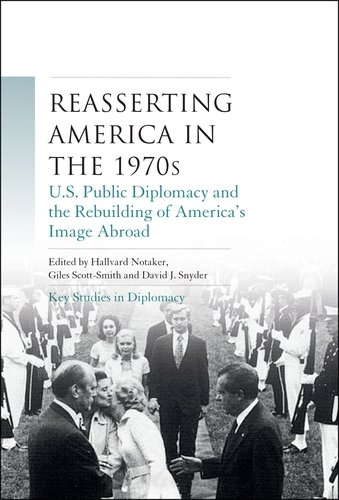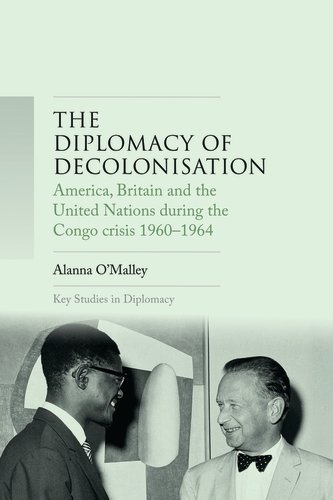Reasserting America in the 1970s
U.S. public diplomacy and the rebuilding of America’s image abroad

Reasserting America in the 1970s brings together two areas of burgeoning scholarly interest. On the one hand, scholars are investigating the many ways in which the 1970s constituted a profound era of transition in the international order. The American defeat in Vietnam, the breakdown of the Bretton Woods exchange system and a string of domestic setbacks including Watergate, Three-Mile Island and reversals during the Carter years all contributed to a grand reappraisal of the power and prestige of the United States in the world. In addition, the rise of new global competitors such as Germany and Japan, the pursuit of detente with the Soviet Union and the emergence of new private sources of global power contributed to uncertainty. -- .

Hallvard Notaker is Adjunct Associate Professor at the University of Oslo, Norway
Giles Scott-Smith holds the Ernst van der Beugel Chair in the Diplomatic History of Transatlantic Relations since WWII at Leiden University, the Netherlands
David J. Snyder is Senior Instructor of History and Faculty Principal of the Carolina International House at the University of South Carolina, USA





